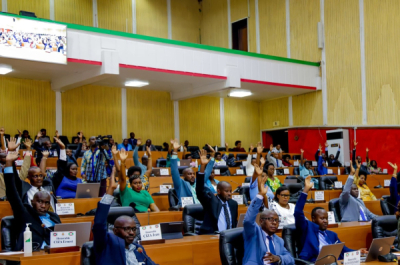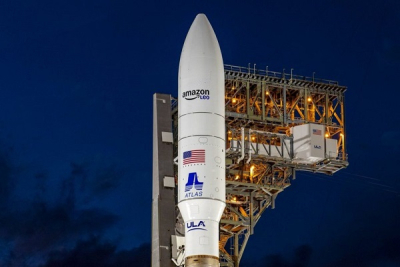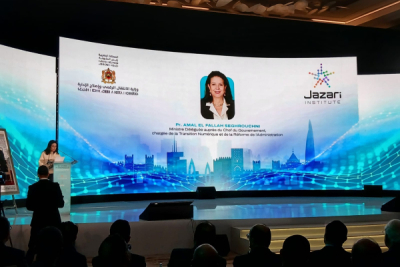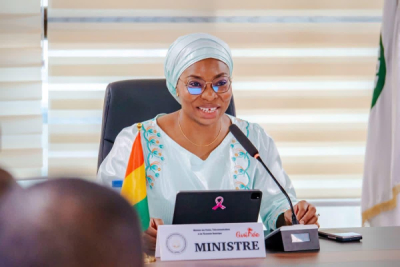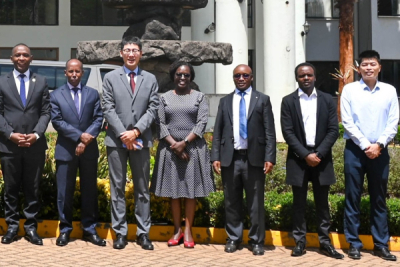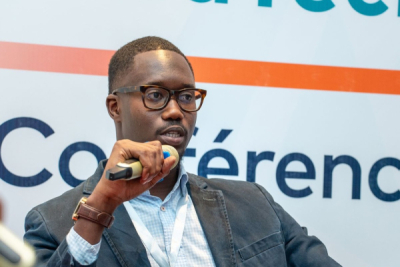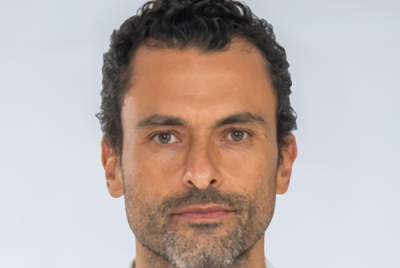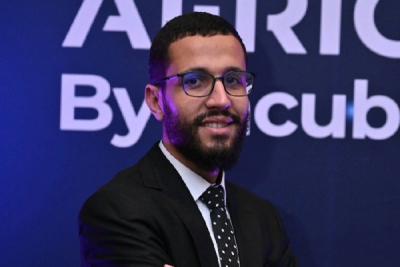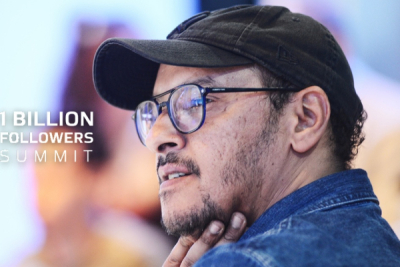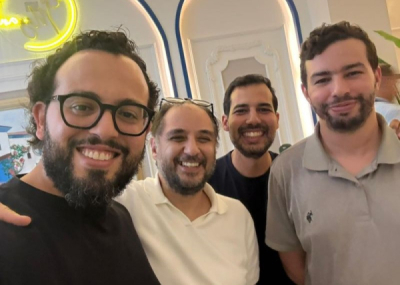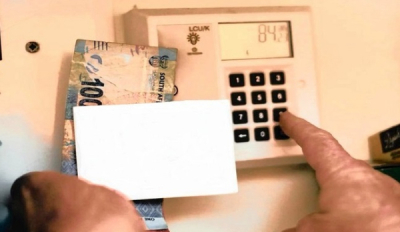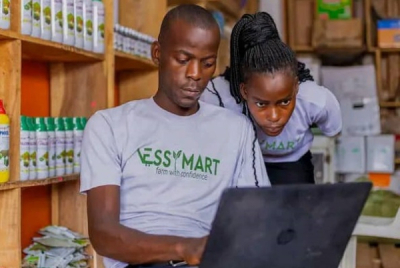Without structured cooperation, cybercrime investigations remain fragmented, leaving gaps for attackers to exploit. This makes partnerships like the NITDA-Kaspersky MoU vital for strengthening Nigeria’s cyber defence capacity.
The National Information Technology Development Agency (NITDA) announced on September 3 that it has signed a Memorandum of Understanding (MoU) with global cybersecurity company Kaspersky to strengthen Nigeria’s cybersecurity ecosystem.
The agreement was formalised at GITEX Nigeria 2025 in Lagos, with NITDA’s Director General Kashifu Inuwa Abdullahi and Chris Norton, General Manager for Africa at Kaspersky, representing both parties.
Under the partnership, Kaspersky will support capacity-building programmes to develop local cyber talent, collaborate on public awareness campaigns such as NITDA’s Cybersecurity Alphabet initiative, and engage in joint research and analysis to boost nationwide cyber defence literacy.
The MoU also opens the door for intelligence sharing on threats and attacks targeting Nigerian citizens, government institutions, and digital infrastructure. In addition, Kaspersky will provide strategic advisory services to guide NITDA in developing frameworks and standards for securing the country’s critical information infrastructure, in line with President Bola Tinubu’s national security priorities.
Cybersecurity threats are on the rise in Nigeria, where digital adoption is accelerating. According to INTERPOL’s 2025 Africa Cyberthreat Assessment Report, cybercrime accounts for more than 30% of all reported crime in Western and Eastern Africa. Notable incidents have included hacks of Nigeria’s National Bureau of Statistics (NBS), while ransomware attacks alone surged to 3,459 cases in 2024. The report also revealed that cybercrime investigations increasingly depend on private sector collaboration, yet 89% of African countries said such cooperation needed “significant” or “some” improvement due to unclear engagement channels, low institutional readiness, and other barriers.
This challenge is highlighted by findings from the United Nations Economic Commission for Africa (UNECA), which estimates that weak cybersecurity preparedness costs African states an average of 10% of GDP—about $4 billion annually—due to cybercrime.
Recognizing this urgency, the Nigerian Communications Commission (NCC) has stressed the importance of public-private partnerships in building stronger cyber resilience. By working with telecom operators, internet service providers, and technology companies, the NCC is promoting information sharing, capacity building, and joint initiatives to counter rising cyber threats.
These findings underscore the significance of the NITDA-Kaspersky MoU. With cyber threats rising in scale and sophistication, the partnership represents a critical step toward building a resilient, collaborative, and globally competitive cybersecurity ecosystem in Nigeria and across Africa.
Hikmatu Bilali



